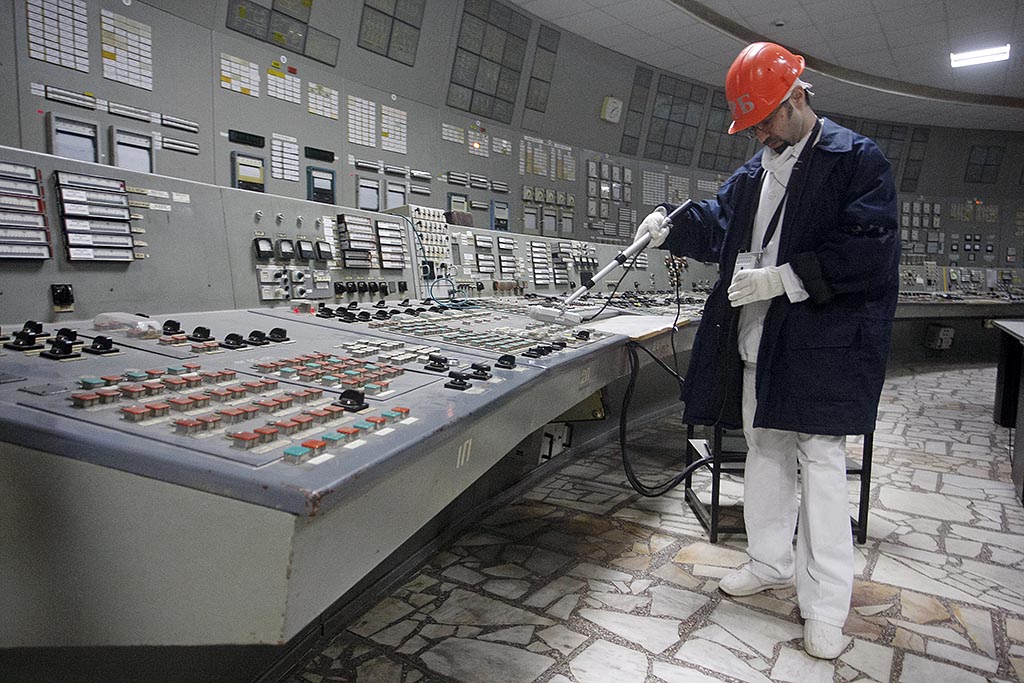By C. R., STA
The Ukrainian nuclear power plant in Zaporizhzhia, which was occupied by Russian forces, is “completely out of control”, the Director General of the International Atomic Energy Agency (IAEA) Rafael Grossi warned on Wednesday. According to him, the situation in the power plant is extremely unstable and sensitive, so it is imperative that the IAEA conduct an inspection.
“There is a list of things that should not happen in any nuclear facility,” Grossi emphasised regarding the situation at the Zaporizhzhia nuclear power plant, according to the German news agency dpa. One way or another, all the principles of nuclear safety have been violated and this must not be allowed, he said at a press conference at the United Nations headquarters in New York.
The nuclear power plant in the city of Enerhodar in the Zaporizhzhia region, which with six reactors is considered the largest in Europe and the tenth largest in the world, has been under Russian control since the first days of the war in Ukraine.
Grossi said an IAEA inspection is urgently needed to verify the technical safety of the plant. He is concerned that the Ukrainian staff of the power plant, which is under the command of the Russian occupiers in Zaporizhzhia, cannot perform their duties properly.
At the same time, there are warnings that Russian forces are using Zaporizhzhia as a weapons depot and a cover for carrying out attacks on Ukrainian forces. “Is it true that explosives and other weapons are stored near the reactors?” Grossi asked.
It is currently very difficult for IAEA inspectors to get to the war zone in Zaporizhzhia; for this, the IAEA not only needs the consent of Ukraine and the support of the United Nations, but it should also come to an agreement with Russia, which occupied the area.
Earlier in the week, US Secretary of State Antony Blinken warned that there were credible reports that Russia was using the facility as a sort of shield as it is firing missiles and firing at Ukrainian forces from its vicinity. On the other hand, a counterattack is not possible due to the extreme danger of a nuclear accident, he warned.
If the plant were to lose power due to a possible escalation of fighting in the area, backup generators and batteries would still not be sufficient to cool not only the six reactors, but also large pools of highly radioactive spent fuel, warned Shaun Burnie, a nuclear energy expert at Greenpeace East Asia, according to Deutsche Welle.

